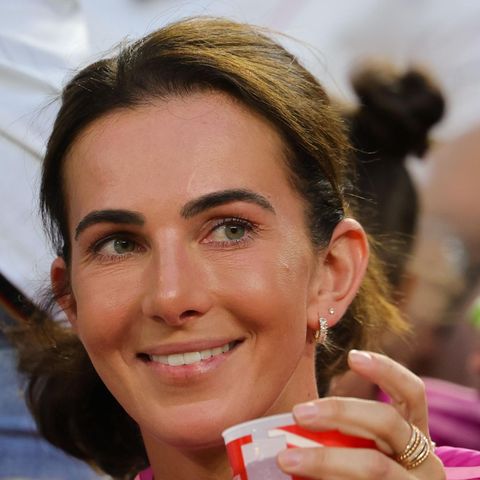Together with Vorarlberg’s governor Markus Wallner (ÖVP), he again promoted vaccination. He also rejected a lockdown for vaccinated people: “I don’t see that two thirds of their freedom are being lost because one third is hesitating,” said Schallenberg.
“For me it is clear: there should be no lockdown of the vaccinated out of solidarity for the unvaccinated,” he emphasized. That would be incomprehensible, it would destroy the incentive to vaccinate and he does not see “also from a democratic political point of view” why the majority should be taken hostage by the minority. In view of the dynamic infection process according to the step-by-step plan, you are a few days before having to impose a lockdown for unvaccinated people. “We are looking forward to winter and Christmas under 2G,” Schallenberg made clear. A lockdown for the unvaccinated is a “very harsh measure”, but apparently necessary. The control pressure will also be tightened here. Schallenberg also appealed to personal responsibility, it is about one’s own health. He hoped that the “threatening backdrop” had an effect.
Not yet “at the end of the flagpole”
The Federal Chancellor said that the measures are “certainly not at the end of the flagpole”. A compulsory vaccination for certain professional groups will be discussed. International comparisons have shown that only vaccination brings the hoped-for success. In Austria, the vaccination rate is still “shamefully low”. Both Schallenberg and Wallner emphasized the federal-state coordination as central in the fight against pandemics. A wrong picture emerged here in public, said Schallenberg about the talks with the provincial governors from Upper Austria and Salzburg. They would have a clear view of the possibilities in their federal states, the talks would continue on Friday. Wallner emphasized that one had to move in a direction that was as uniform as possible at the federal and state levels, “common language, common communication”.
Everything must be done to prevent a general lockdown, because this would not only affect vaccinated people but also slow down the economic upturn, said Wallner. For him, a third dose as quickly as possible is “the decisive factor” in order to break the fourth wave. In Vorarlberg, too, the prognoses went up, even if the situation in the intensive care units is currently somewhat calmer. He referred to the Vorarlberg vaccination days – 50,000 vaccination appointments in ten days, but the population must also accept this offer. One cannot stumble further from one lockdown to the next. Schallenberg declared himself confident despite the dynamics of the pandemic: “We can break this wave, together.”
Source From: Nachrichten




